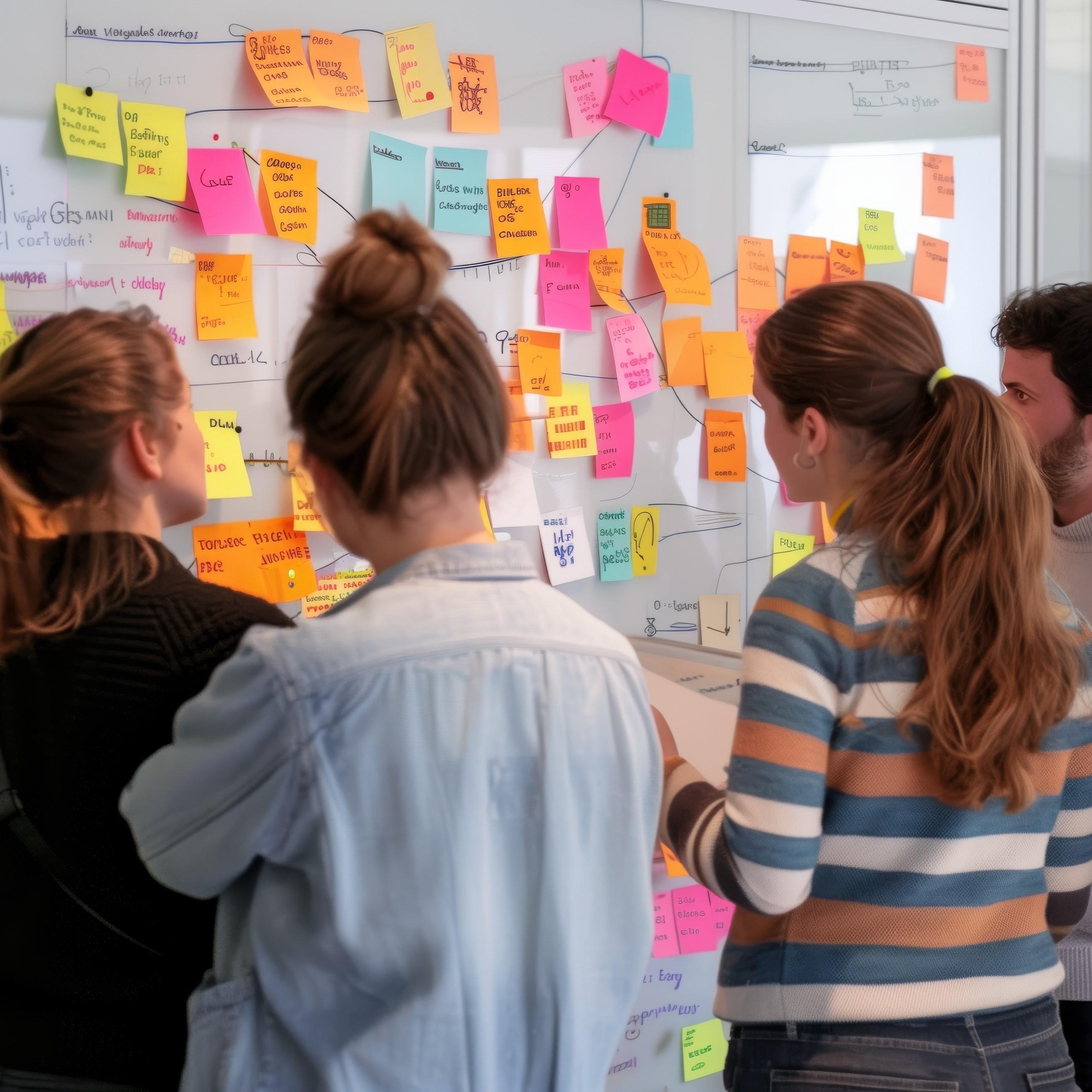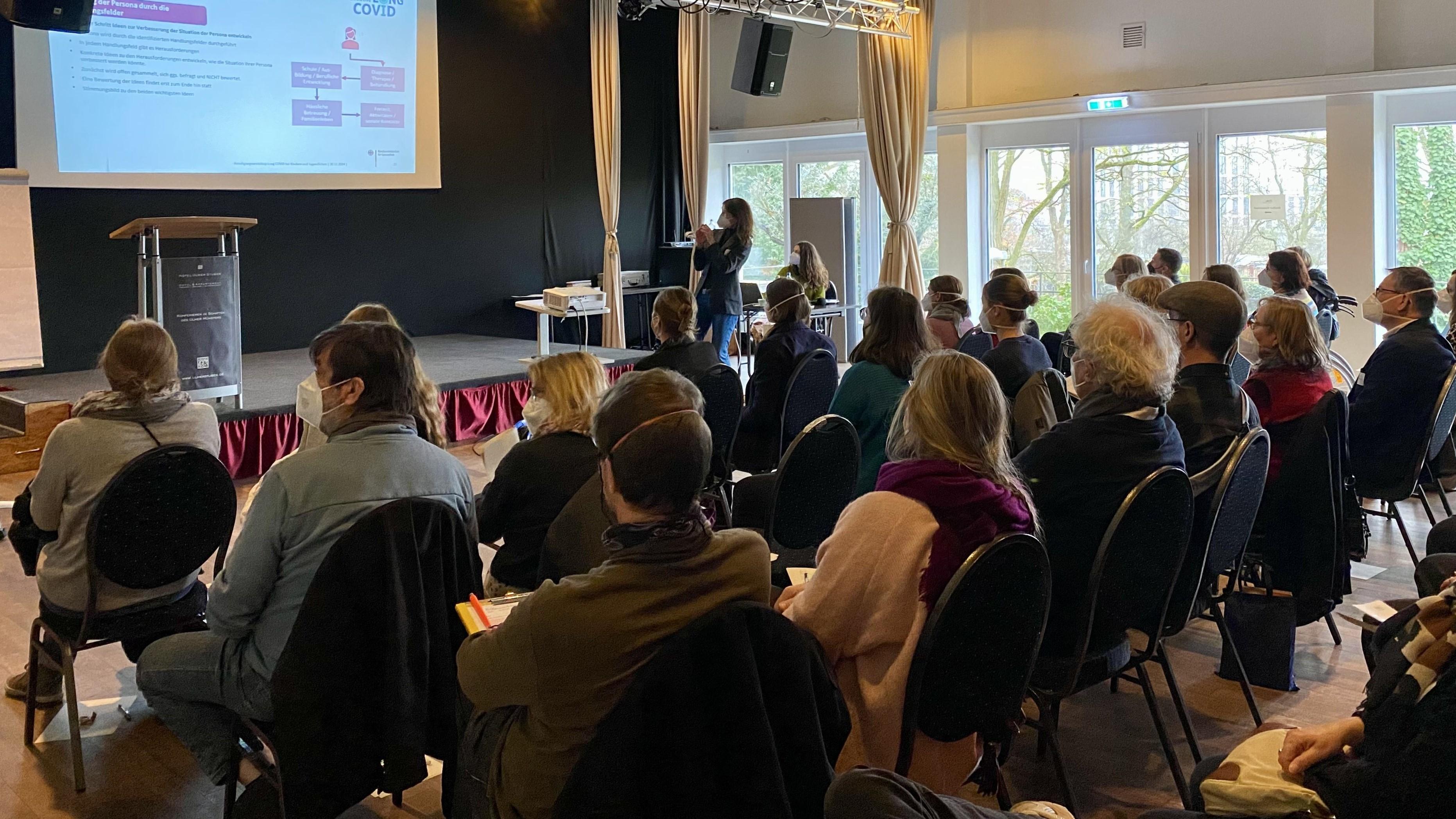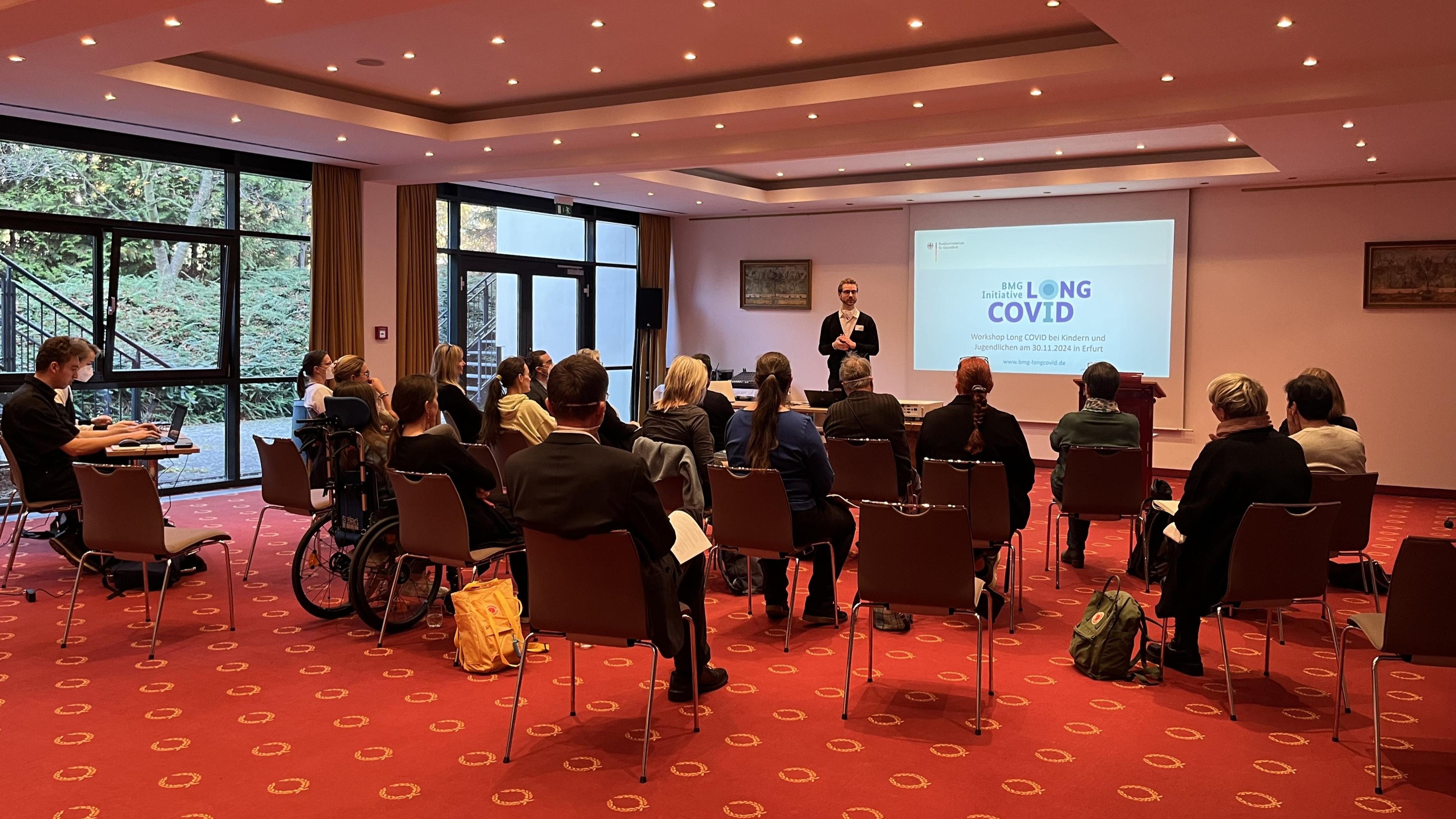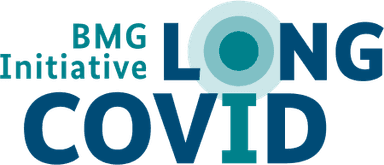Participation of long haulers in matters of children and adolescents with Long COVID
The need for information on “Long COVID in children and adolescents” continues to be great. The Federal Ministry of Health (BMG) has therefore set goals to promote improvement on knowledge, to provide the general public information of the clinical pattern, and support to the patients. Therefore, as a part of a participation format, insights on the life and care situation of children and adolescents with Long COVID was collected. The objective behind it was: Determining the need for care, information and support and discussing the solutions that can specifically help the long haulers.
Participation in “Long COVID in children and adolescents”– Motive and back-ground
The research on Long COVID in children and adolescents is moving forward in leaps and bounds. However, in practice, there is often lack of understanding, knowledge, and acceptance of Long COVID as a clinical pattern, which can lead to inadequate care to the affected children and adolescents. At the same time, there are already important insights and information on the treatment, but they do not always reach all the long haulers.

© Adobe Stock/nutawut
Through a participation process, the Federal Ministry of Health would like to promote the patients, their relatives as well as staff with professional points of contact with the patients being able to contribute their experiences and needs. In the BMG’s view, participation measures can be important contributors to improve the care for children and adolescents with Long COVID because the needs of long haulers can be recognised more accurately and considered in future activities. The central aim of participation in “Long COVID in children and adolescents” is to create more clarity on the care and support needs and identify the potential improvement measures.
Flow of the participation process
The participation format consists of multiple parts building on each other: From October 2024, there were online survey and qualitative interviews with long haulers initially in the first phase. Then, three participation workshops were conducted in November 2024.
The participants included children and adolescents who have or had Long COVID, and their relatives. Apart from them, healthcare professionals, therapists, nursing staff as well as people from the world of the patients (for example nursery schools, schools, clubs) also took part.
In order to enable maximum participation – especially even for the patients and their relatives – various participation options were offered including phone interviews, online sessions, and regional in-person workshops. The participation project and survey as well as evaluation of the participation format were implemented by service providers experienced in this area on behalf of the BMG. In addition, an expert for Long COVID in children and adolescents provided the scientific support for the project.
Online survey “Long COVID in children and adolescents”
The most important areas of activity for care and life situation of the patients and their relatives were determined in a quantitative online survey. The participants were asked, for example, in which areas of life do the symptoms of Long COVID bring on limitations or how is their experience of the current care and treatment situation, and how this experience could be improved. So, individual perceptions and needs could be recorded from which, the topics for the participation workshops were derived in a next step. In the survey period from 22 October to 6 November 2024, almost 500 people participated in the survey. The participants included sick children and adolescents, parents and relatives as well as staff with professional points of contact to patients.

© Adobe Stock/klss777

© Adobe Stock/klss777
Detailed interviews with patients, relatives, and staff
The results of the online survey were deepened in explorative individual interviews. Their aim was to obtain further insights in the hitherto expressed experiences and attitudes. The 50 individual interviews were conducted online in November 2024 with the affected adolescents and/or a parent, medical staff, therapy staff, and pedagogical staff.
The interviews especially highlighted the interferences in the life of the patients and their relatives, treatment experiences as well as knowledge on Long COVID in children and adolescents. The focal points in the answers appeared to be in four central fields of activity:
Diagnosis, therapy and treatment,
School, education, profession,
Nursing care at home and family life, and
Leisure, activities, and social contacts.
The insights from the online survey and qualitative interviews ultimately formed the basis for content for the participation workshops. The expectations and desired topics of the respondents also entered in the conception of the workshops. For preparation, the participants were additionally provided an info sheet with the results of the first phase.
Digital participation workshop – 23rd November 2024
The second phase of the participation process started on 23rd November 2024 with an online workshop attended by 40 people. The objective was to infer the needs from the experiences of long haulers and develop possible solutions in a joint exchange of views. The so-called Persona Method was used to identify the suggestions that can really help the patients. This method enables a concrete exchange of views about the needs of patients, taking into account the socio-demographic, medical, and psychological variety of the target audience.
For this purpose, discussions were held in small groups consisting of patients, relatives, and staff on the challenges they had, the information and care services that would have helped in the previously identified fields of activity, and the measures that could contribute to any improvement. The results were recorded on digital white boards and then presented in plenum.
Participation workshops in Ulm and Erfurt –30th November 2024
Following the online workshop, two in-person workshops were conducted in Ulm and Erfurt on 30 November 2024. It had the participation of a total of 48 people. Here as well they discussed the challenges and potential solutions in small groups. The results were also documented on a white board and pre-processed for the next participation phase.

© BMG

© BMG
During the work phases, the participants in all the three workshops were provided with a medical expert and a physiotherapy expert for queries on the contents of the workshop.

© BMG

© BMG
Workshop as a part of the Long COVID Congress in Berlin – 25th November 2024
Another participation workshop took place in a condensed form as a part of the Long COVID Congress on 25th November 2024 in Berlin with around 15 participants. The workshop had a discussion on the challenges in “Diagnosis, Therapy, Treatment” and debated the various possibilities for improvement in the situation of the long haulers.
Concluding phase of the participation format
The final phase of the participation format started on 15 February 2025 with a digital compilation workshop in which 50 participants from the previous process steps took part. Concrete courses of action to improve healthcare provision were derived and formulated at the workshop using the results processed from Phases 1 and 2. The courses of action were handed over to Minister of Health Prof. Karl Lauterbach in Berlin on 7 March 2025 by 10 patient ambassadors who took part in the participation format. The ambassadors presented the courses of action and discussed them with the Minister of Health. Roughly 50 participants from the workshops also followed the discussion online.
Do you have queries or comments? Then send us an email at:
